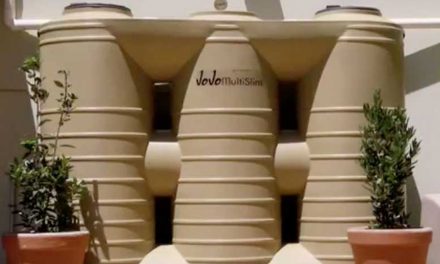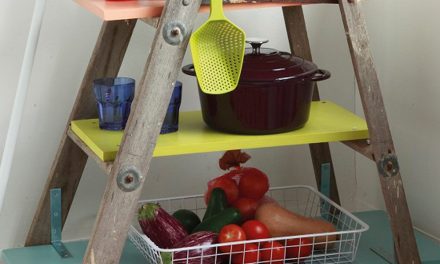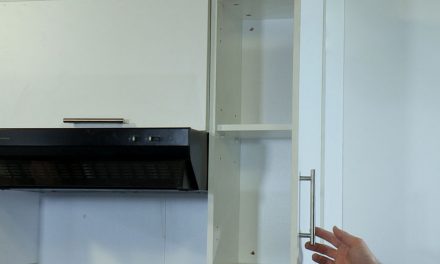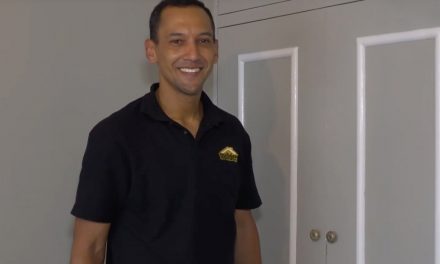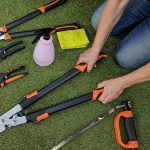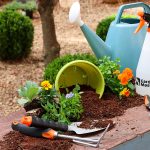In addition to adding valuable nutrients to your soil, improving texture and keeping in moisture, compost is a great mulch. It’s so easy to make your own.
The traditional compost heap
When building a compost heap, it’s important to alternate layers of brown (dry) garden waste with green (wet) leaves, weeds and grass clippings. Water each layer as you go and sprinkle with soil to ‘inoculate’ it with microorganisms that will multiply and turn it into compost. To speed up the process, add a compost activator, such as Probio or Margaret Roberts.
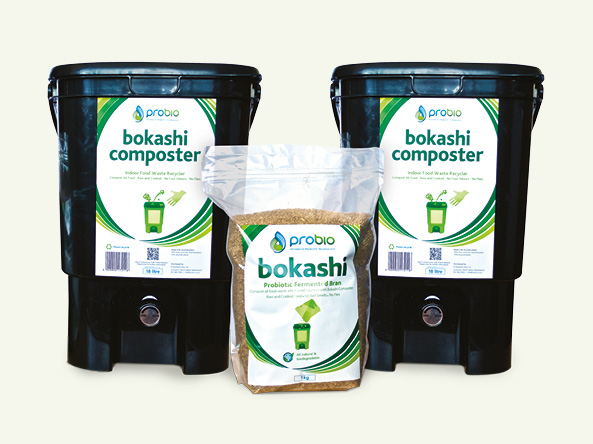
Beneficial microbes
One of the most innovative systems is the Probio Bokashi composter system. It comes in a sealable bin that can sit under a counter in your kitchen as it doesn’t smell. For each layer of waste you put in, add a sprinkling of bokashi bran, which has been inoculated with beneficial microbes that digest and ferment food waste anaerobically. Tap off the nutrient-rich liquid, dilute it and water your plants. When the bin’s contents are fermented, dig it into the garden or add it to your compost heap.
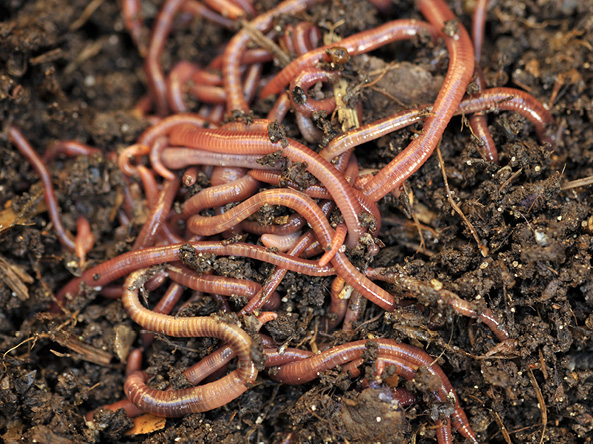
Put worms to work
Earthworms turn kitchen scraps into valuable castings: ‘black gold’ or vermicompost that’s a tonic for plants. You’ll need three rectangular black plastic bins, about 15 centimetres deep, that fit onto each other, plus a secure lid for the top one. Fit a tap to the bottom bin so that you can draw off the liquid or ‘worm tea’ to dilute and water plants.

